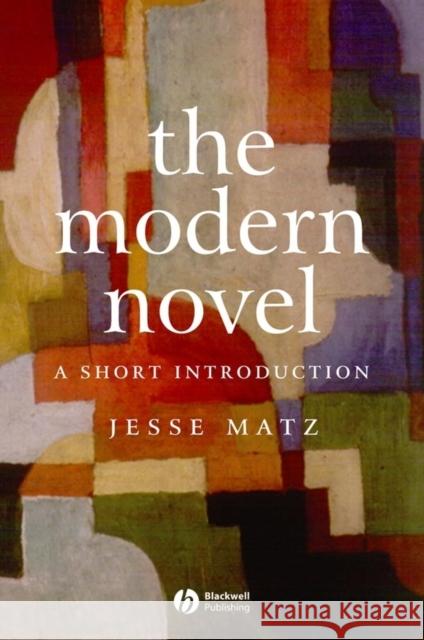The Modern Novel: A Short Introduction » książka
topmenu
The Modern Novel: A Short Introduction
ISBN-13: 9781405100496 / Angielski / Miękka / 2004 / 194 str.
This book introduces readers to the history of the novel in the twentieth century and demonstrates its ongoing relevance as a literary form.
- A jargon-free introduction to the whole history of the novel in the twentieth century.
- Examines the main strands of twentieth-century fiction, including post-war, post-imperial and multicultural fiction, the global novel, the digital novel and the post-realist novel.
- Offers students ideas about how to read the modern novel, how to enjoy its strange experiments, and how to assess its value, as well as suggesting ways to understand and appreciate the more difficult forms of modern fiction
- Pays attention both to the practice of novel writing and to theoretical debates among novelists.
- Claims that the novel is as purposeful and relevant today as it was a hundred years ago.
- Serves as an excellent springboard for classroom discussions of the nature and purpose of modern fiction.











